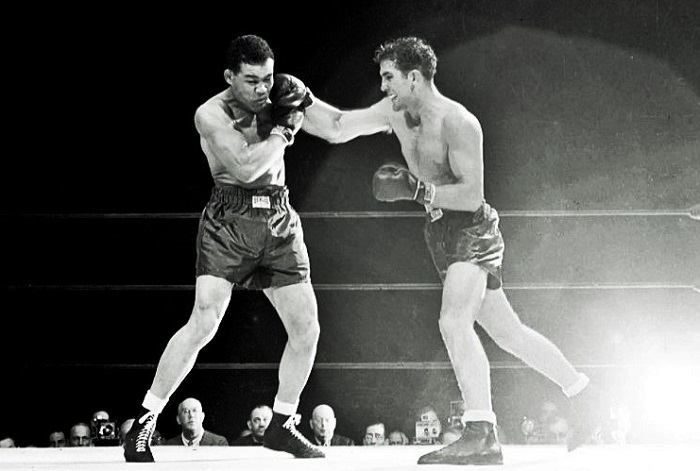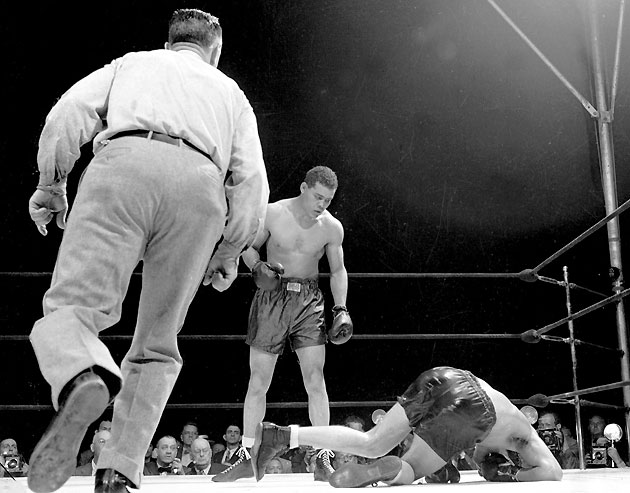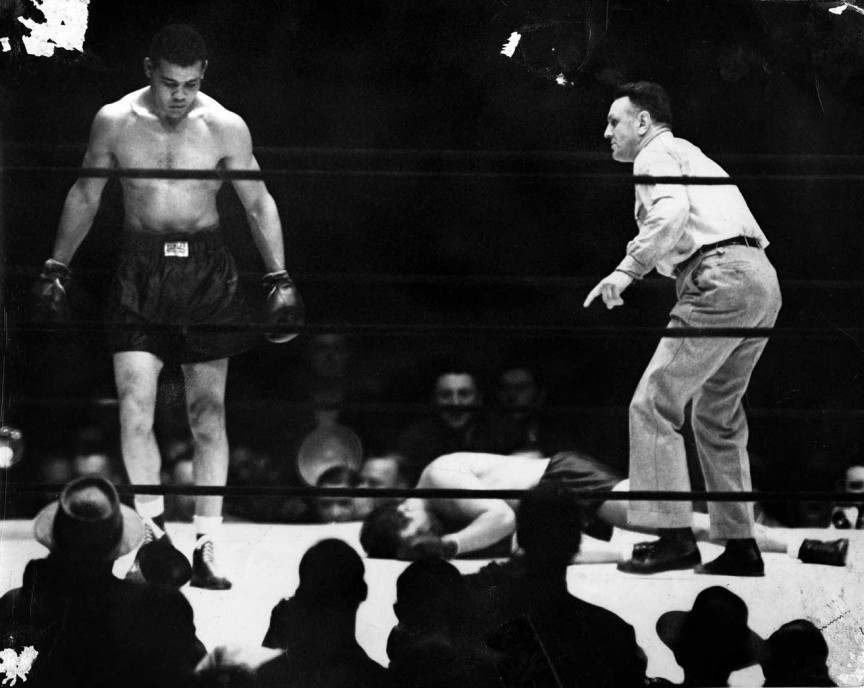“To dare is to lose one’s footing momentarily.To not dare is to lose oneself.” — Soren Kierkegaard
Over the a long time we have now been informed repeatedly how the good Billy Conn was silly to go for the knockout in opposition to Joe Louis in spherical 13 of their traditional 1941 encounter for the heavyweight championship of the world. It’s one in every of boxing’s most well-known platitudes and it’s uncommon to discover a dissenting opinion. Some even known as Billy’s determination to go for the kill downright silly, an opinion given credence by Conn himself in his well-known post-fight feedback. “I misplaced my head and 1,000,000 bucks,” he mentioned in his dressing room shortly after the legendary duel. Seconds later he was requested why he went for the knockout, the query prompting the immortal line: “What’s using being Irish if you happen to can’t be thick?”
Billy Conn is with out query one of many best mild heavyweights who ever lived; pound-for-pound, he’ll ceaselessly be one of the crucial expert and gifted boxers of his time. However his achievements have been overshadowed by the legend of that first defeat to “The Brown Bomber.” And the opinion that “The Pittsburgh Child” made a extreme error in judgment has been regurgitated so many instances over time that no one even questions the logic of what they’re anticipated to swallow, every technology taking it because the unassailable reality and the story of the battle.
However is it?
Each sport has its dangers. The outcomes of taking these dangers are what decide if historical past remembers it as a sensible transfer or a silly one. The very first thing to evaluate should be the danger versus reward ratio, and the proof that was considered earlier than accepting the problem inherent in that threat.

When Billy Conn answered the bell for that fateful thirteenth spherical, the information and proof have been these:
1. Conn might harm Louis and had badly staggered him greater than as soon as.2. Louis had not been capable of harm Conn to any considerable diploma.3. Conn was out-boxing and out-punching Louis, typically starting and all the time ending each trade.
Was Louis nonetheless a hazard to cease Billy? In fact he was. The champion, one of many best punchers in pugilistic historical past, was all the time a hazard to cease anybody. And certainly the “good” transfer would have been for Conn to maintain out-boxing the champion till the ultimate bell and be pleased with successful the choice. However does that mechanically make his determination to go for the kill “dumb”?

Once more, not if the proof of the second is taken into account. And if Billy had succeeded in stopping Louis it’s a certainty that historians can be speaking about Conn’s sensible sport plan of softening Joe up for twelve stanzas earlier than going for the kill within the championship rounds.
Right here is one thing to think about: if Sonny Liston had performed as most anticipated and knocked out Cassius Clay of their monumental 1964 bout, the press, after crowing fortunately that “The Louisville Lip” had lastly been buttoned, would have probably taken turns lambasting Angelo Dundee for permitting his promising however nonetheless creating prospect to go in in opposition to probably the most damaging fighter on the planet. “What have been they considering?” they might have shouted. “He wasn’t prepared!”

Reveals A by Z would have been his earlier two bouts, the primary in opposition to smallish Doug Jones, wherein he struggled mightily and misplaced some luster, and the second versus Henry Cooper, wherein he was dropped and badly harm by Cooper’s left hook (which, they might have acerbically identified, was Liston’s finest punch and thrown with rather more damaging drive from the 215 pound champion than by the thirty kilos lighter Cooper).
However the future Muhammad Ali received the bout, so he, Dundee, and everybody concerned have been “sensible” and knew what they have been doing all alongside. Move the cigars and sing praises to the stellar sport plan. He can be given comparable reward a decade later after seemingly tempting suicide with George Foreman by preventing off the ropes in opposition to the thunderous-punching champion, solely to tire the large Texan out and cease him in eight.

Is it not conceivable that we might be singing comparable praises within the path of Billy Conn’s legacy had his threat paid off and he received the heavyweight championship of the world on that legendary New York Metropolis night time in 1941?
Going for the kill in opposition to a tiring and beforehand wounded Joe Louis who had but to harm you; a dangerous transfer? In fact. Each worthy achievement includes threat.
However a “silly” one? No. — Douglas Cavanaugh






















